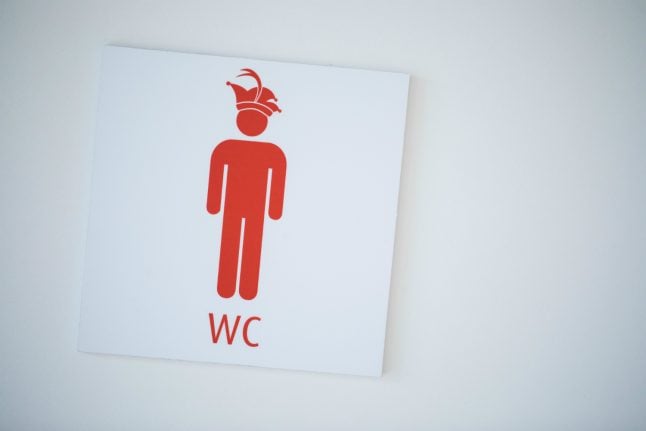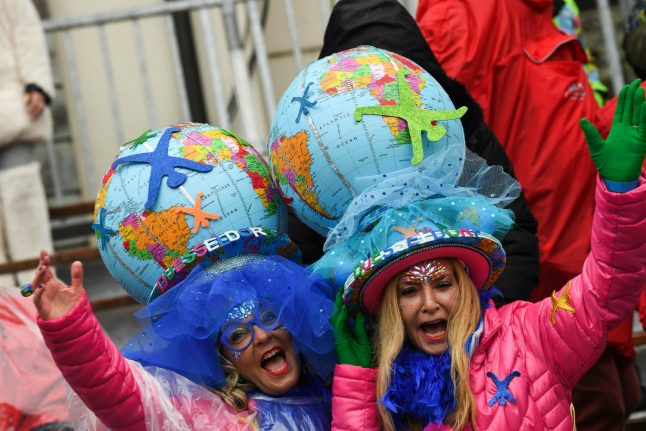On Wednesday, the city's Department of Public Order presented its plan to increase the number of public toilets during Carnival in March to decrease the likelihood of the offense.
It will also double the fines for the so-called “Wildpinkeln” (wild peeing) during the festival of the city’s Altstadt, according to Department of Public Order head Christian Zaum.
SEE ALSO: VIDEO: Hamburg district pees back at drunks
During Karneval in 2018, a total of 130 “wild pee-ers” were slapped with a fine a fine of €35, reported RP Online. Now that will increase that amount to €70.
Düsseldorf will join the company of Cologne, who this year will be imposing a fee of €85 euros for public peeing, and Frankfurt, which is slapping on a fine of €70 euros on those overly eager for a bathroom break.
.jpg) File photo shows a man having a pee. Photo: DPA
File photo shows a man having a pee. Photo: DPA
Peeing in public is “almost always a sensitive disturbance for third parties, especially in inner-city areas,” said Zaum, who is pushing to levy the fine year round.
SEE ALSO: Cologne fights drunks with wall that pees back
The city is also setting up a total of 374 new toilets during Carnival, or 300 more than the year before. This will cost the city in total between €50,000 to €60,000, according to Zaum.
“I am convinced that with the significantly increased supply of public toilets we are effectively countering the excuses for so-called wild peeing,” he said.
Peak carnival season runs from February 28th to March 6th this year.
The move to up the response to public peeing was widely supported at the committee, including by Düsseldorf mayor Thomas Geisel, who pushed for fines year round.
The move to up the fines and number of toilets wasn’t welcomed by everyone, though.
SEE ALSO: From anti-Valentine's to Black Pride celebrations: 7 events not to miss in February
The majority of the new toilets are urinals, meaning that women's concerns about having enough toilets – and the long cues for the ones that are there – aren’t also being taken into account, said Anja Vorspel from the Left Party (Die Linke).
Yet Zaum replied that the addition of urinals would be a, well, release for women who would find more toilets empty.
Committee chairman Martin Volkenrath, of the centre-left Social Democrats, was also skeptical that the fines would show any effect, he added. For them to do so, he added, it is important that the danger of being caught is increased through added security controls.






 Please whitelist us to continue reading.
Please whitelist us to continue reading.
I always thought Europe was pretty liberal in its attitude toward public pissing. I know in France and Belgium there are urinals on the sidewalk where a man can just turn his back to the street and fire away. I have even used one in Belgium. I even admit to doing it once in Dresden in 2016 although it was in a pedestrian walk-way and no one was around and I was shielded by some bushes.